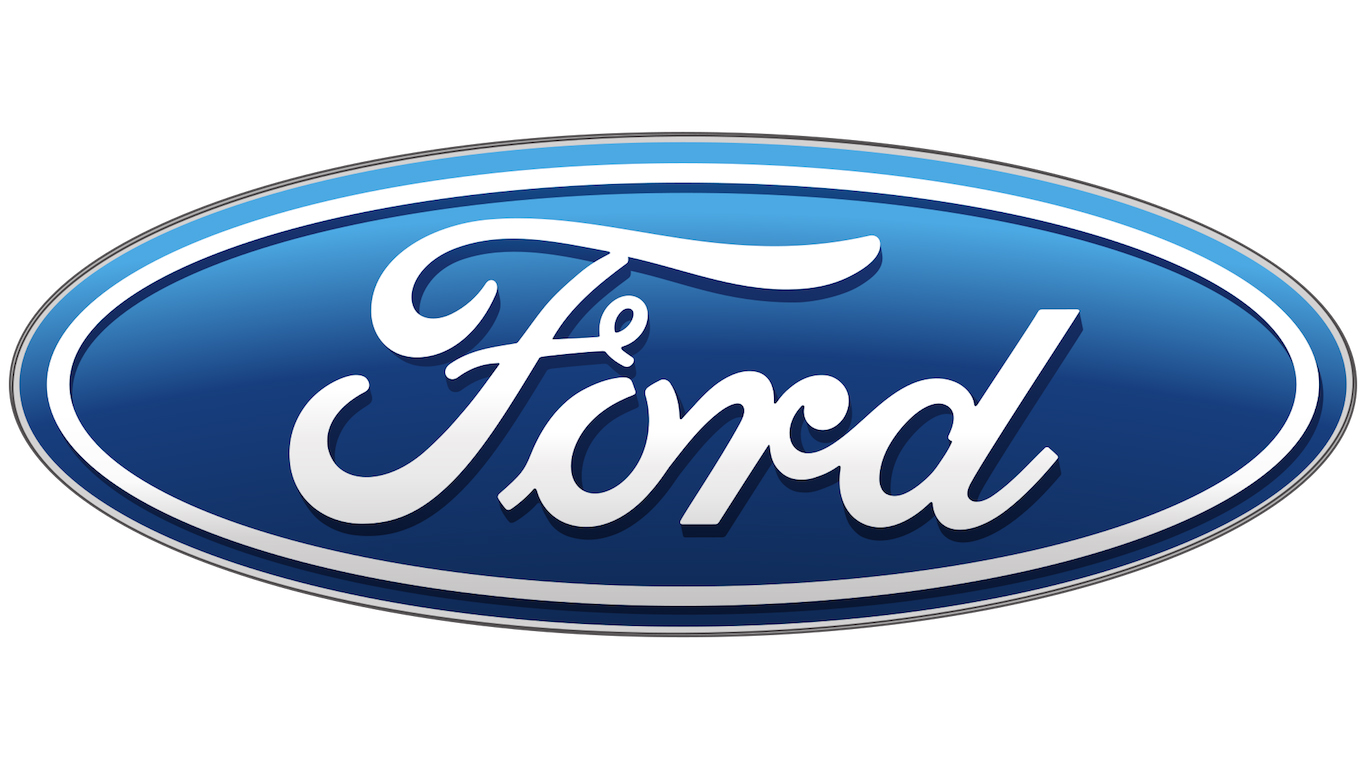Cars and Drivers
Ford's Investment in Electric Vehicles Comes Too Late

Published:

Ford Motor Co. (NYSE: F) posted better than expected earnings for the final quarter of last year. Its new chief executive officer also said it would invest a massive $29 billion in electric and autonomous vehicles, a decision that comes too late in the cycle that has begun to move car companies away from engines powered by gasoline and diesel, which was their core business for over a century. The delay that CEO Jim Farley wants to rectify began with his predecessor, Jim Hackett, who was pushed out because Ford was slow to make the transformation.
[in-text-ad]
Ford’s revenue dropped 9% in the final quarter of the year to $36 billion. Ford lost $2.8 billion, compared with $1.7 billion in the same period a year ago. Ford management asked investors to look at adjusted EBIT instead of net income. That rose from $500 million to $1.7 billion.
The focus of the earnings announcement was Farley’s comment about Ford’s future:
The transformation of Ford is happening and so is our leadership of the EV revolution and development of autonomous driving. We’re now allocating a combined $29 billion in capital and tremendous talent to these two areas, and bringing customers high-volume, connected electric SUVs, commercial vans and pickup trucks.
CNN summed up the problem: “While Ford’s statement spoke about taking a leadership position in EVs and AVs, some of its larger rivals are much further along in shifting to electric vehicles.” First among these is the world’s second-largest car company Volkswagen. General Motors has made a tremendous commitment along the same lines, and so has every large car manufacturer in the world, at varying levels of capital commitment.
Ford’s problem is not only its larger rivals by unit sales. Tesla clearly has the global lead in electric vehicle sales. Units shipped last year topped 500,000. Tesla expects that figure to rise by 50% in 2021. Among the smaller companies at the vanguard of the industry are Blink Charging, Fisker, Nio and Xpeng Motors. Even Apple appears likely to enter the business, probably in a tie-up with Kia. Kia’s parent, Hyundai, is among the largest car companies in the world, usually ranked behind only VW, Toyota, GM and the Renault–Nissan–Mitsubishi alliance.
Farley’s trouble cannot be overcome by Ford’s growing investment. Hackett needed to make the move in 2017 when he took over as CEO. Four years is an eternity in the competition to be an EV market leader.
Want retirement to come a few years earlier than you’d planned? Or are you ready to retire now, but want an extra set of eyes on your finances?
Now you can speak with up to 3 financial experts in your area for FREE. By simply clicking here you can begin to match with financial professionals who can help you build your plan to retire early. And the best part? The first conversation with them is free.
Click here to match with up to 3 financial pros who would be excited to help you make financial decisions.
Have questions about retirement or personal finance? Email us at [email protected]!
By emailing your questions to 24/7 Wall St., you agree to have them published anonymously on a673b.bigscoots-temp.com.
By submitting your story, you understand and agree that we may use your story, or versions of it, in all media and platforms, including via third parties.
Thank you for reading! Have some feedback for us?
Contact the 24/7 Wall St. editorial team.